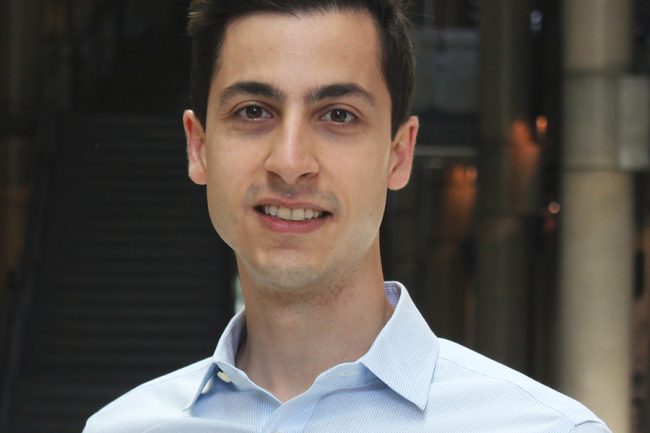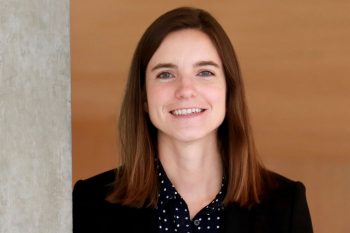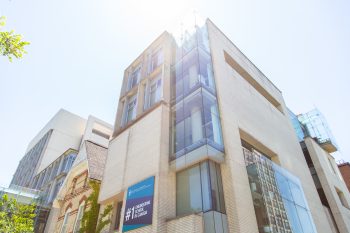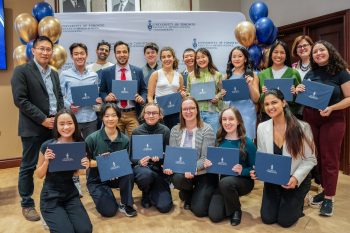The disruptions caused by COVID-19 have left hospitals across North America with massive backlogs of postponed elective surgeries. Many of these patients will also need rehabilitation following their surgeries, and managing this patient flow through the hospitals is a complex challenge. Professor Vahid Sarhangian (MIE) and his team are developing new solutions.
“Hospitals currently rely on experience and ad-hoc approaches to make decisions around rehab admissions,” says Sarhangian, who was appointed the Director of the Centre for Healthcare Engineering earlier this year.
“But because of the high demand and variability in how long rehabilitation will take, there is often a lack of available beds, leading to wait times that are costly both for the hospital and the patients.”
Long wait times lead to bed blocking in acute care wards and create congestion upstream— for example, in the emergency department. But they also delay the rehab care for patients, which could in turn negatively impact their outcomes and increase the length of their stay in rehab, leading to even more congestion.
“Our team uses statistical and mathematical models built on patient-level data to provide evidence-based support to the problem of patient prioritization,” says Sarhangian.
“Our goal is to optimize the sequence by which patients are admitted into rehab in order to both reduce wait times and improve rehab outcomes.”
The team’s models take account of the type of acute care that has resulted in the need for rehabilitation — for example, treatment for a bacterial disease vs. recovery from orthopedic surgery — as well as specific details about the patients themselves, such as age and severity of illness. With a better understanding of how wait times impact outcomes and the amount of time spent in rehab, hospitals can prioritize those patients for whom early admission would make the biggest difference.
Funding for this project comes from the Connaught New Researcher Awards. Sarhangian is one of more than 50 researchers from across U of T supported in the latest round, including three others from U of T Engineering:
- Leo Chou (BME) — Programmable plug-and-play vaccine formulation using DNA nanotechnology
- John Simpson-Porco (ECE) — Robust high-performance algorithms for feedback optimization
- Marianne Touchie (CivMin) — Evidence-based compartmentalization requirements for apartment buildings to improve building energy performance and occupant health and comfort



